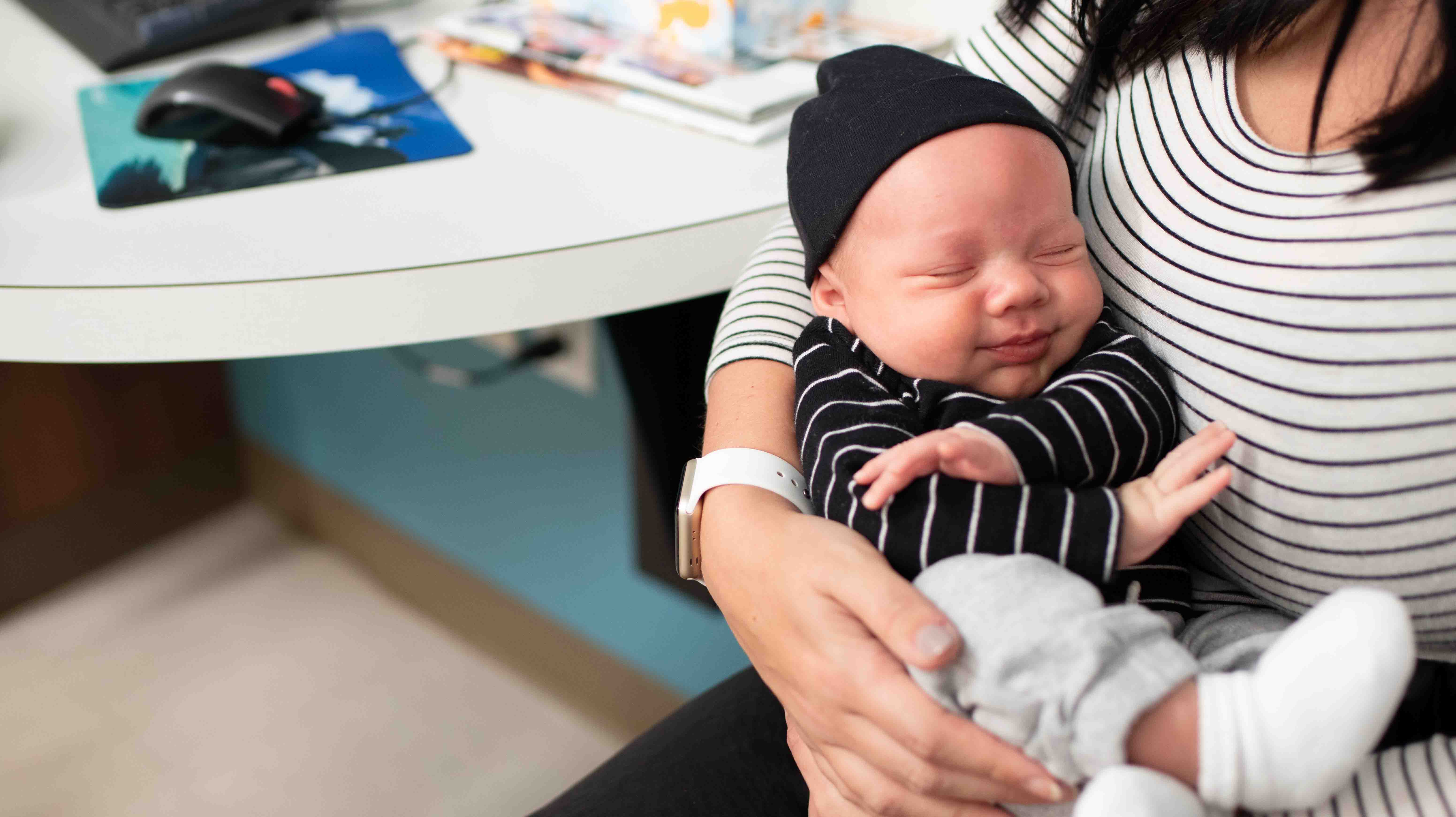Underrated Ideas Of Tips About How To Help Newborns Sleep

Keep babies awake longer during the day.
How to help newborns sleep. Baby toddler home baby baby basics newborn and baby sleeping advice for parents helping your baby sleep you’ll soon learn what your baby needs to help them sleep. The rate of sids has gone way down since the. Although sids is rare, with one death in 3,000.
Here are some tips on sleep and coping with tiredness. Swaddle and keep him cozy. Circadian rhythms are controlled by a biological clock in the brain that syncs these daily cycles to a person’s external environment.
By 3 to 4 months of age, your little one will have longer awake periods, and you can work toward a nap schedule: Holding your baby close or wrapping your baby snugly in a blanket (swaddling) may help calm a crying baby. Put the baby’s crib or bassinet in the parent’s bedroom close to their bed.
But they generally aren’t safe for nighttime sleep, where your baby sleeps unsupervised. Rebekah diamond, a hospital pediatrician in new york city and an assistant professor of pediatrics at columbia university and the author of “ parent like a pediatrician. Sleep is vital for newborns.
Your baby may show signs of being ready for sleep by: Every baby is different, so try not to compare yours with others. It can feel as though every time you have settled into a routine, it changes again.
During the crying phase, they can be so upset that they may refuse the breast or bottle. Consider these tips for helping your baby get the daytime rest he or she needs. This helps babies learn to fall asleep on their own, in their own bed.
One in the morning, one in the early afternoon, and a. The first week or so, your newborn baby will most likely hardly be awake, but after the first week. Parents and caregivers can help create a safe sleep area for babies by taking the following steps:
Helping baby sleep through the night. We recommend that babies sleep in the same room as the parents for the first six months of life, and ideally for the first year. According to the american academy of sleep medicine, babies aged 4 to 12 months should sleep 12 to 16 hours daily, including naps.4parents should work with, rather than against, their child’s.
Taking a bath changing into pajamas and a fresh diaper reading a book singing a lullaby having a nighttime feed giving a goodnight kiss dimming the lights turning down the thermostat creating a quiet environment The following rituals can help your baby associate nighttime with sleeping: Many parents use these types of rocking and swinging devices for naps.
Even if a baby spits up during sleep, babies’ anatomy and gag reflex help prevent them from choking while sleeping on their backs. Babies 4 months and older. You may find a warm bath, a feed or a lullaby helps them fall asleep in the evening.


















